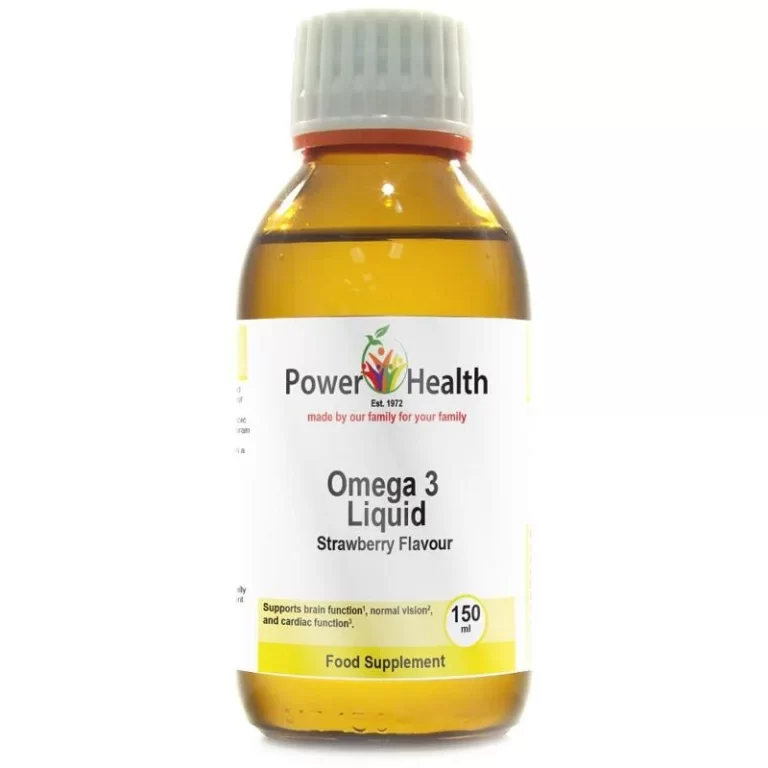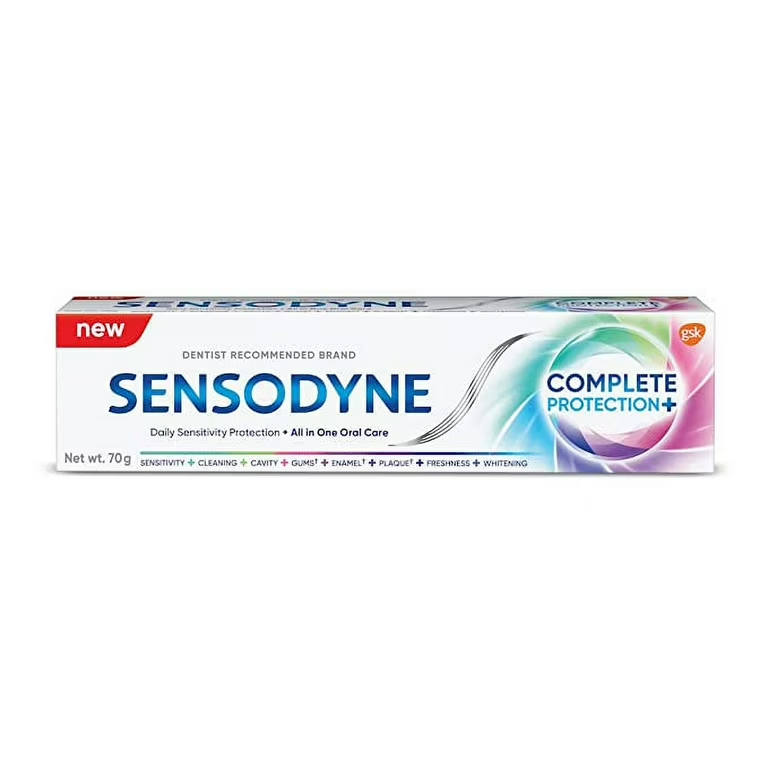
Baking Soda Toothpaste: Is Baking Soda Toothpaste Safe?
Is Baking Soda Toothpaste Safe?
When it comes to oral hygiene, many people seek effective solutions. One popular option is baking soda toothpaste. Baking soda, or sodium bicarbonate, has long been known for its cleaning properties. Therefore, it’s natural to question its safety when used in toothpaste. Is baking soda toothpaste safe? This blog will explore the effectiveness and safety of baking soda toothpaste.

What is Baking Soda?
Baking soda is a natural mineral. It is commonly used in cooking and cleaning. Its mild abrasive properties make it effective for removing stains. Many people use it as a household cleaner. In recent years, baking soda has found its way into personal care products. One of the most notable applications is in toothpaste. The use of baking soda in dental care capitalizes on its ability to whiten teeth and neutralize acids.
Baking soda has unique chemical properties. It can react with acids to form carbon dioxide, which helps lift stains from surfaces. Additionally, it has antibacterial properties, which may contribute to better oral health. This raises an interesting question: Is it safe to use baking soda toothpaste regularly? Understanding the benefits and potential risks helps provide clarity on this topic.
Benefits of Baking Soda Toothpaste
Baking soda toothpaste offers numerous benefits. First and foremost, it helps whiten teeth. The mild abrasiveness allows it to scrub away surface stains effectively. Many users report noticeable improvements in their tooth shades. Additionally, baking soda can neutralize acids in the mouth. This helps prevent tooth decay and bad breath, promoting better oral hygiene.
Another benefit is its gentle nature. Unlike some whitening toothpaste, baking soda is less likely to cause enamel erosion. Moreover, its formula is often free from harsh chemicals. This makes it suitable for individuals with sensitive teeth. Some users also appreciate its natural origin. As people become more health-conscious, seeking organic and natural ingredients becomes vital. Baking soda fits this bill.
Transitioning to a baking soda toothpaste can be easier than anticipated. Many brands offer baking soda-infused toothpaste options. These often blend traditional fluoride with baking soda’s abrasive qualities. The convenience of these products ensures that users do not compromise their health. They receive the benefits of baking soda without negative effects. However, comprehensive research is crucial to understanding the full scope of its benefits.
:max_bytes(150000):strip_icc()/71CPasSF9BL._SL1500_-4ecac6a3f15c4f1fbc8dbdd69ab2beed.jpg)
Potential Risks of Baking Soda Toothpaste
While the benefits of baking soda toothpaste are clear, potential risks exist. Overusing baking soda can lead to enamel erosion. Although it is less abrasive than some commercial whitening agents, caution is critical. Regular exposure can weaken tooth enamel over time. Enamel is the protective layer of the tooth. Without it, teeth become susceptible to cavities and sensitivity.
Moreover, the high sodium content in baking soda can be a concern. Excessive sodium intake is generally not recommended. This is particularly true for individuals with certain health issues. People with high blood pressure should monitor their sodium consumption closely. If using baking soda toothpaste frequently, consulting a healthcare provider is advisable.
In some cases, baking soda can cause gum irritation. Individuals with sensitive gums or pre-existing conditions may experience discomfort. It’s essential to pay attention to one’s body. Discontinuing use upon noticing adverse reactions is wise.
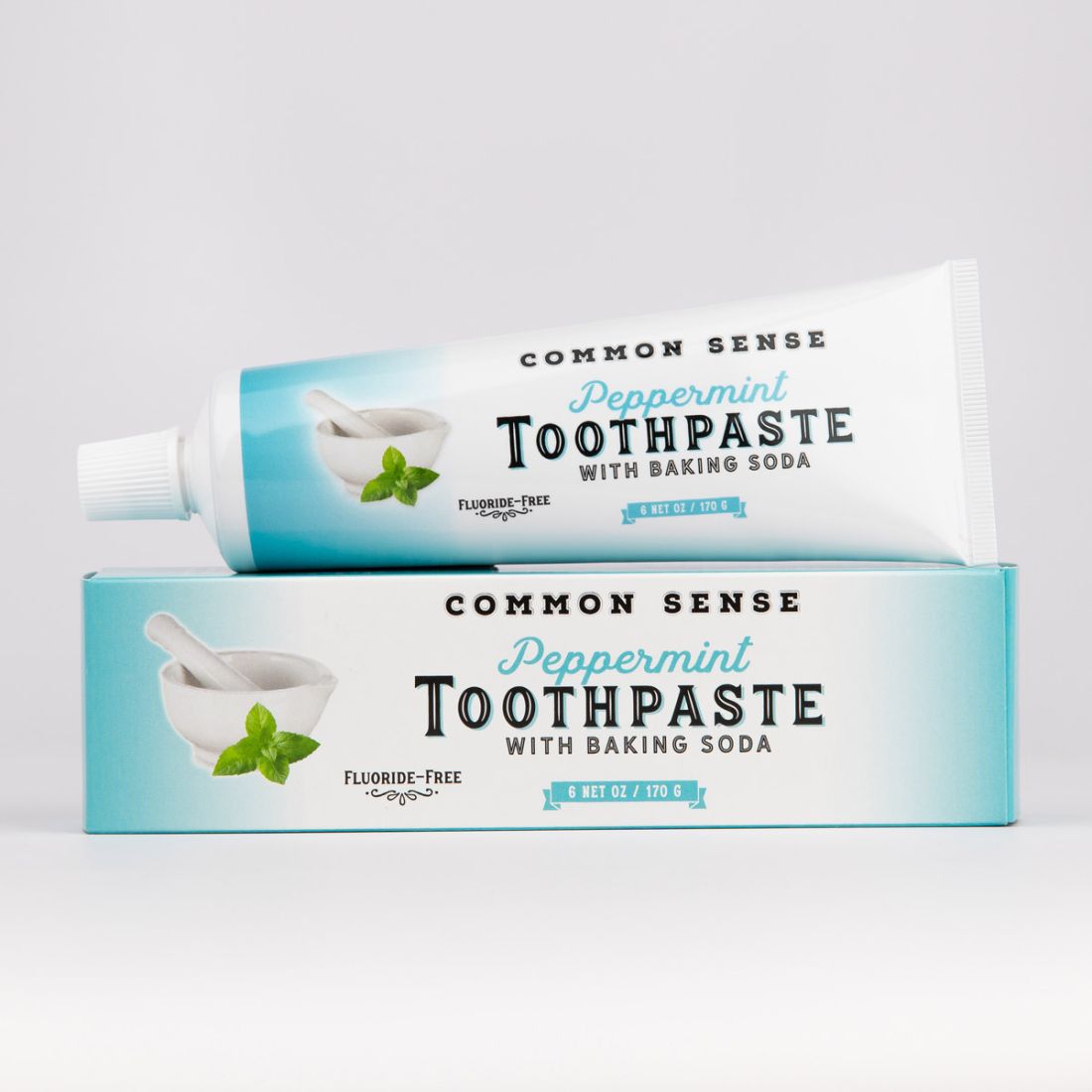
How to Use Baking Soda Toothpaste Safely
For those who want to incorporate baking soda into their dental care routine, moderation is essential. Begin by using baking soda toothpaste a few times a week. This approach allows for monitoring any adverse reactions. Once comfortable, gradually increase the frequency if desired. Ensuring that it does not cause irritation or enamel erosion is vital.
Always pair baking soda toothpaste with a fluoride rinse. This supplement provides additional protection against cavities. Using a toothbrush with soft bristles can prevent gum irritation as well. Gently brushing minimizes the risk of harming the enamel or gums. Applying light pressure is more effective than vigorous scrubbing.
Additionally, keeping an eye on oral hygiene is important. Regular dental check-ups help identify any issues early. Consulting with a dentist helps determine the suitability of baking soda toothpaste for individual needs. A dental professional can provide personalized guidance to enhance oral health.
Transitioning to baking soda toothpaste should not replace regular dental care. Traditional practices such as flossing and regular check-ups remain essential. Incorporating baking soda adds an extra layer of freshness and cleaning while maintaining a complete dental care routine.
Comparing Baking Soda Paste with Conventional Toothpaste
When comparing baking soda toothpaste with conventional brands, several factors are worth noting. Conventional toothpaste often contains fluoride. Fluoride is beneficial for preventing cavities. It strengthens tooth enamel, making it more resistant to decay. Most baking soda toothpastes include fluoride as well. This ensures users receive the benefits of both.
Additionally, many conventional toothpaste brands incorporate chemical whitening agents. These agents are often more abrasive than baking soda. However, they may provide faster whitening results. People who seek drastic changes in tooth color might prefer these options.
Conversely, baking soda toothpaste tends to be gentler. This makes it suitable for long-term use. Many users find that daily application of baking soda provides subtle yet effective results. Therefore, consumers will need to weigh their options. Preference may vary according to dental health needs and personal goals.
Finally, cost may also influence decisions. Baking soda toothpaste is often less expensive than commercial brands. This fact could make it an appealing choice for budget-conscious consumers. However, quality should remain a priority when selecting a product. The best option combines effectiveness and safety.
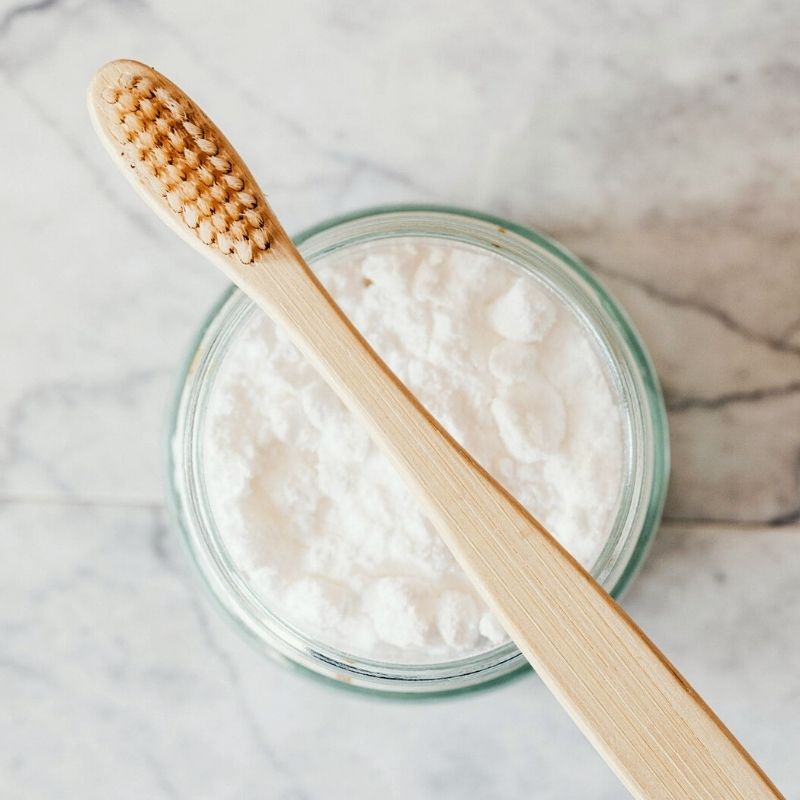
Homemade Baking Soda Toothpaste Options
Some people prefer making their toothpaste at home. DIY baking soda toothpaste is simple and cost-effective. A basic recipe includes baking soda, water, and a few drops of essential oils. This combination creates a paste that can be used like regular toothpaste.
Using essential oils like peppermint or tea tree can enhance flavor and freshness. These oils may add beneficial properties, such as antibacterial effects. However, it is crucial to ensure that essential oils are safe for oral use. Not all essential oils are suitable for ingestion.
When making homemade toothpaste, it is essential to monitor the ratio of baking soda to other ingredients. A balanced mixture prevents excessive abrasiveness while still retaining effectiveness. Additionally, ensuring that the mixture has a pleasant texture makes the experience enjoyable.
Despite the allure of homemade toothpaste, it is vital to exercise caution. The absence of fluoride in DIY recipes can be a disadvantage. Without fluoride, teeth may become more susceptible to decay. Regular use of a fluoride mouthwash or dental products is recommended if opting for homemade solutions.
Dental Professional Recommendations
Consulting a dental professional is a valuable step when considering baking soda toothpaste. Dentists have in-depth knowledge about oral care products and ingredients. They can provide tailored advice based on individual dental health.
Many dentists acknowledge the benefits of baking soda toothpaste. However, they also highlight the importance of fluoride. They may recommend specific brands that combine both ingredients effectively. This recommendation ensures that patients receive optimal oral health benefits.
It is also vital to consider pre-existing oral conditions. People with gum disease, severe sensitivity, or other issues should seek professional advice. These factors may influence the appropriateness of baking soda toothpaste.
Incorporating baking soda into dental health also requires awareness. There are numerous misconceptions about its effectiveness and safety. A dental professional can clarify any misunderstandings. They can offer evidence-based information regarding oral hygiene practices.
Regular communication with a dentist helps maintain oral health. Addressing concerns or changes in oral condition promptly ensures proactive care. Dentists appreciate when patients take a proactive approach to oral care.
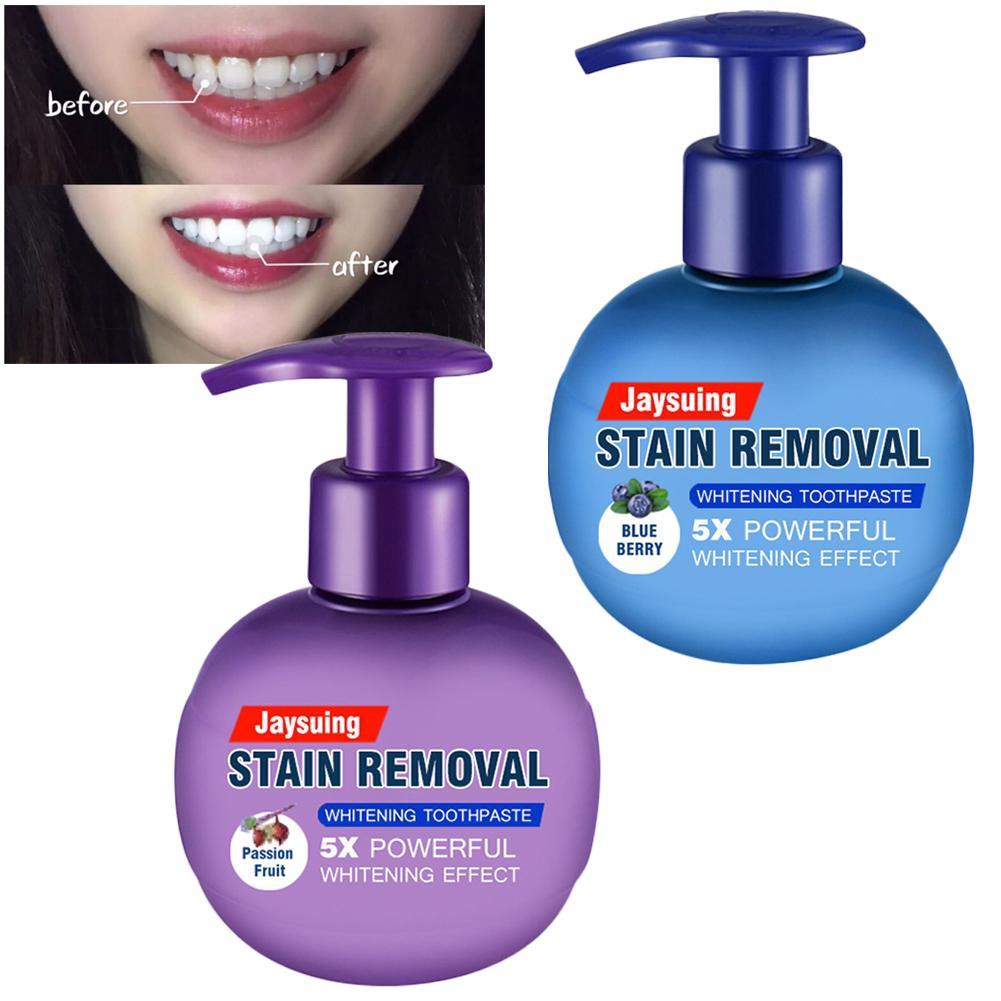
Final Thoughts
In summary, baking soda toothpaste is generally safe for most individuals. Its benefits for whitening and neutralizing acids are well-documented. However, moderation is essential to avoid potential risks such as enamel erosion. The importance of fluoride should not be underestimated.
Incorporating baking soda toothpaste into a broader dental care routine is advisable. Regular check-ups and consultations with dental professionals help maintain optimal oral health.
As more information surfaces about baking soda’s dental benefits, interest will continue to grow. Consumers need to carefully consider their options. What works for one person may not suit another.
Overall, baking soda toothpaste can be a valuable addition to oral hygiene. The key to maximizing its benefits lies in moderation and awareness. Understanding personal oral health needs can guide individual choices effectively.
In conclusion, staying informed leads to better dental care decisions. Those looking for a natural yet effective additive may find baking soda toothpaste appealing. Ultimately, finding the right balance will enhance oral health as well as overall well-being.
